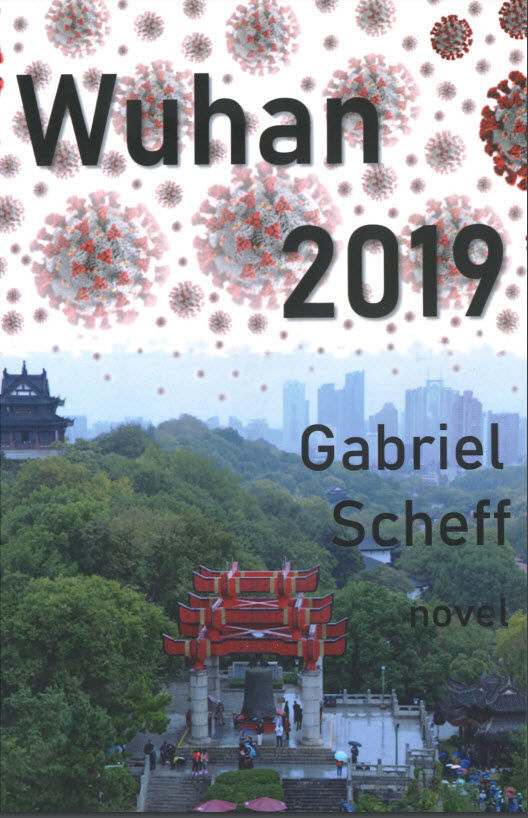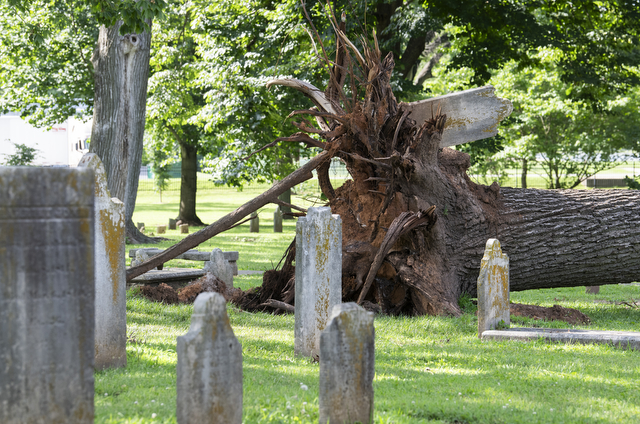Book review: ‘Wuhan 2019’
Published 12:00 am Sunday, February 20, 2022

- BOOK REVIEW
“Wuhan 2019” by Gabriel Scheff. GWS Books, 2021. 231 pages, $12.99 (paperback), $4.99 (Nook/Kindle).
The Chinese city of Wuhan has been in headlines in recent years as the first site where the coronavirus was recorded and began to take so many lives. Gabriel Scheff’s novel “Wuhan 2019” focuses on the international competition held there at the Military World Games in October 2019 but manages to provide readers with insights into Chinese life and culture and a lot more besides.
The Prologue strangely opens in 1246 at Caffa on the Crimean peninsula. One may ask why a novel set in China in 2019 opens almost 800 years earlier in the Crimea. However, the Mongols were at that time building a huge world empire and were besieging a Genoese port to extend their domination when their forces were attacked by a plague likely related to the Black Death that devastated most of Europe in this period. The Mongols catapulted numerous diseased corpses over the walls of Caffa in an effort to spread the disease among the city’s defenders and force them to submit. This incident has been described as the first example of biological warfare in world history.
Chapter 1 starts in 2019 as international newsmen arrive in Wuhan to cover the Military World Games, and we are introduced to Gabe, Jay, T.J and other newsmen/photographers covering Team USA’s athletes in these games. More than 100 nations and almost 10,000 athletes are competing. The newsmen are escorted around Wuhan by student volunteers, including Jia, Ying and Chao. In addition to being university students, Jia and Ying work at the Wuhan Institute of Virology, where ongoing research focuses on studying the connection between the SARS virus and bats. However, some shady characters will see opportunities to use virus strains as bioweapons to infect large numbers of people and return their particular ethnic groups to dominance in China.
Scheff is a retired Army officer and journalist who actually covered the Wuhan Games in 2019. He is thus very familiar with many of the athletes who competed in those games, but also shows a background in Chinese geography and history as well. The author introduces the role of how minorities are treated within a country dominated by the Han majority, focusing particularly on the Mongolians and the Uyghurs (Uighurs). I was impressed that he knew that the Mongols had adopted the Uyghur script to communicate their language in written form.
The narrative of the novel takes readers on an interesting and informative journey through recent as well as more distant history of a people whose past is still very present with them today. The observers cover track and field events, golf, triathlon, basketball and bicycle races, among others, and repeatedly run into restrictions to their press access and to their ability to send stories and photos back home. Chinese government and military officials are a constant presence to control almost everything. As part of this effort, they have developed advanced technology to assist their surveillance. There is also an ongoing competition between U.S. athletes and Chinese and other nationals who want to block Americans from winning medals. Jia, Ying and Chao assist the reporters along the way and even have their lives threatened as the bad guys chase and challenge Gabe and his colleagues. There is even a hint of future romance between Jia and Gabe.
“Wuhan 2019” does contain several typographical errors that should have been corrected, but that doesn’t distract too much from the story. One thing I found a little misleading was Jeremy’s comment to a reporter that Wuhan’s population of 11 million people is amazing and that: “We don’t have any cities that large in America.” The Chinese count urban populations very differently than we do in the U.S. and their notion of city limits is extended to cover vast geographical areas. This is only a minor issue, however, and the author carefully discusses fact and fiction in his notes at the end of the book and explains which characters are fictional and which authentic. Periodically, readers learn wisdom from Confucius and explore historical sites in the area. They also receive insights into many Chinese customs and ways of living and eating, as well as into the Chinese passion for basketball and other sports. “Wuhan 2019” is an interesting adventure that will reward its readers who become attached to certain of the fictional characters.
– Reviewed by Richard Weigel, WKU History Department.






